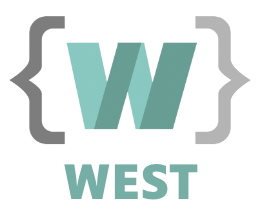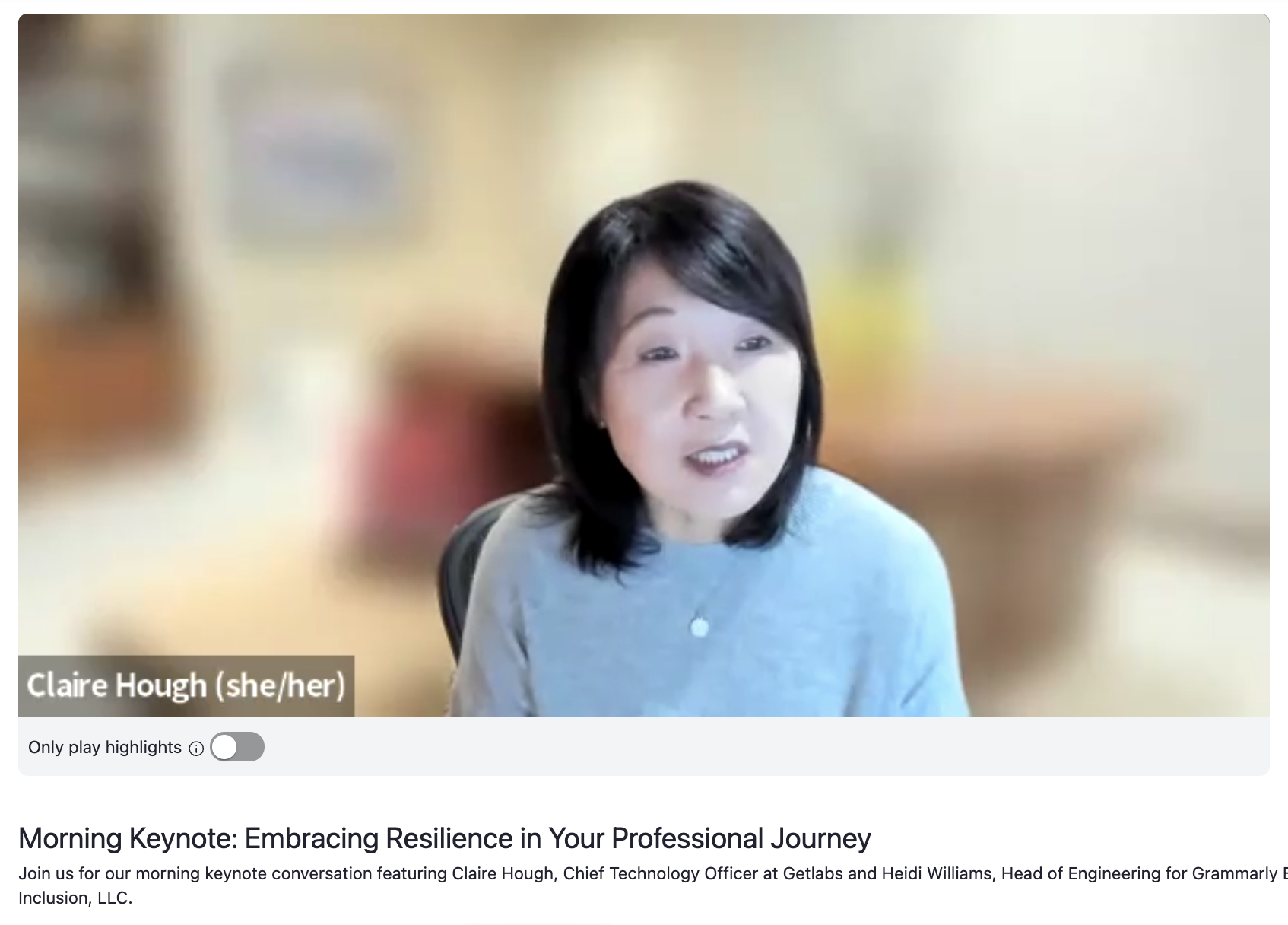Job Searching? Don't Forget to Assess Team Fit
Written by Heidi Williams, WEST Founder
One of the things I love about mentoring is that I have an opportunity to reflect on how I made decisions and navigated my career. Instead of focusing on the exact decisions I made, I have to think about what framework I used for each decision, e.g. what do I value? what motivates me? what do I enjoy? what do I find boring? Of course, the framework seems a lot more clear and well-structured looking back at it than it seemed in the moment :) but it is the framework that helps a mentee contemplate their options from a new perspective.
Recently, I was talking to an engineer who was questioning whether she had made the right choice in a recent job change. She was only a few weeks in, but things weren't quite settling in as she had pictured. I got to thinking about what framework I use to evaluate whether a role is right for me.
“I have learned that the team has to be right in order for the role to be right”
Most often when interviewing for a job, we mainly ask ourselves if we are able to do the job-- is it something we are capable of doing given our skills and experience. After a few years of experience, we learn to also look at the hiring manager's style or viability of the product and company. However, I have learned that the team has to be right in order for the role to be right. Here are a few things I want to know about my potential team...
How do I complement the team?
I don't mean compliment :) I mean, what do I bring to the team that is unique and interesting? How do I round out the team's skillsets? What are their strengths? Are they same as mine? If we all have the same strengths or experiences, it's unlikely that I will add much value except as another pair of hands to do work. In fact, we might even step on each others' toes. However, if we each have different strengths and experiences (and presumably different weaknesses) then we will be better able to leverage each person's strengths and experiences to come up with new ideas, and lean on each other where we have weaknesses. Collectively I want the team to be a Whole Brain so we can solve any problem! If you want to hear more about the science behind how to effectively bring together different skills, approaches, and perspectives effectively, check out the book Team Genius and the HBR article about Team Chemistry.
What are the gaps?
What are the gaps in the team capabilities? Could I stretch and fill those gaps over time? I love learning new things, so where do I see an opportunity to do something no one else is doing yet? Is there something I already know that I can leverage to take on a new challenge?
What support will I get?
If I do take on a stretch opportunity, how will I be supported in my learning journey? If I learn by working with someone more knowledgeable, who will that be? If I learn by taking a class or doing independent research, will my manager let me take time to do that? If I want a mentor, is there a mentorship program in place or is mentorship done more organically?
By talking through these questions, the engineer was able to see that everyone on the team did have similar strengths and interests and her main concern was about not bringing something unique and new to the table. However there were areas that no one had strengths in that weren't being tackled at all. She got excited about stepping up to take on those new responsibilities, and chose to do independent research and work with a mentor to learn what she needed to be successful. Happily, this framework helped at least one person! I hope you too find it helpful when contemplating your next job opportunity.












